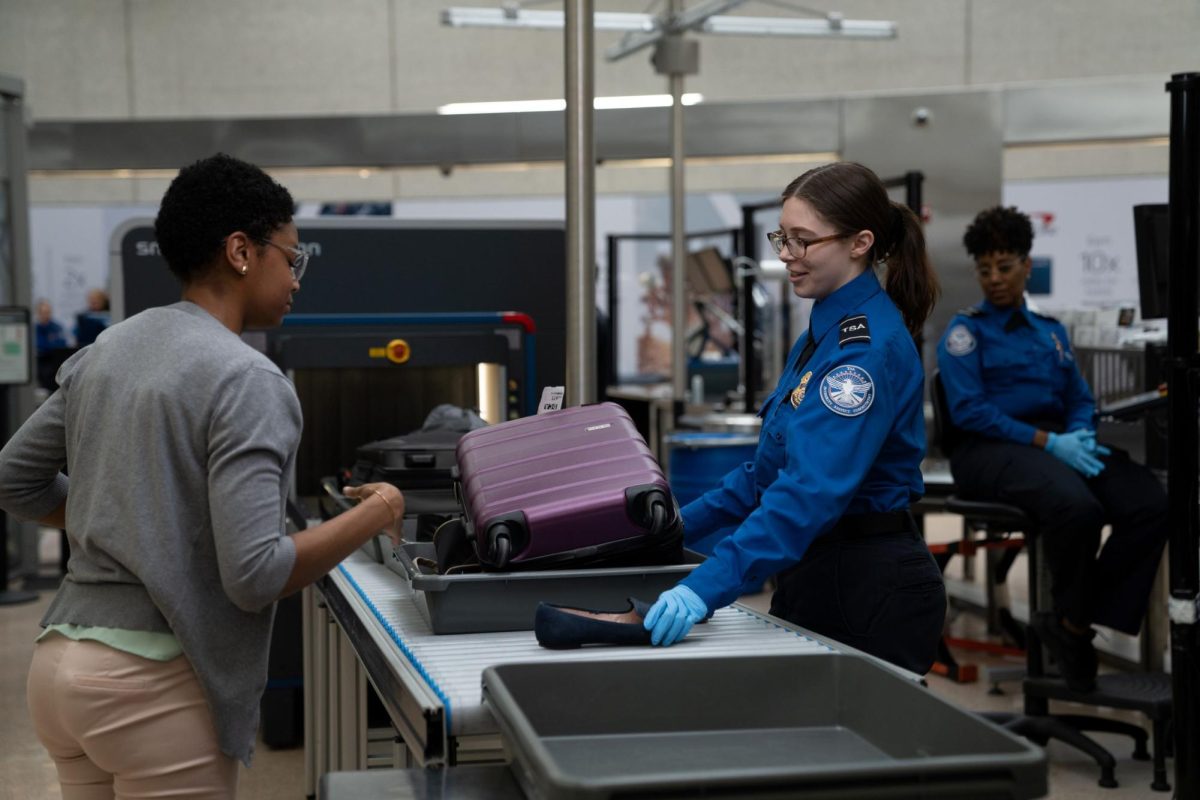Don’t Be the Stinky Kid
Good hygiene isn’t just for you—It’s for us too.
November 1, 2022
Many diseases and conditions can be prevented or controlled through appropriate personal hygiene and by regularly washing parts of the body.
Good hygiene is critical for preventing the spread of infectious diseases and helping children lead long, healthy lives. It also prevents them from missing school.
For families, good hygiene means avoiding illness and spending less on health care. Many children around the world live in conditions that make it difficult to maintain good hygiene.
Good personal hygiene is one of the best ways to protect yourself from getting gastro or infectious diseases such as colds and flu’s. Washing your hands with soap removes germs that can make you ill.
Maintaining good personal hygiene will also help prevent you from spreading diseases to other people. Personal hygiene includes showering or cleaning your body every day, washing your hands with soap after going to the toilet, brushing your teeth twice a day, covering your mouth and nose with a tissue (or your sleeve) when sneezing or coughing, washing your hands after handling pets and other animals.
If you don’t take care of your body you can develop certain illnesses that include infectious diseases, diarrhoea, especially gastroenteritis, respiratory infections, including colds and flu, staph infections, worm-related conditions, such as threadworms, scabies, trachoma, an eye infection which can lead to blindness, tinea or athlete’s foot and tooth decay and many more that can make you seriously sick.
Some people might not have access to proper personal hygiene service. Some things that you can do is try to bathe or shower each day. Wash well, especially under your armpits and around your down under parts. Keeping clean will prevent skin irritations and remove bacteria that cause body odour.
Wash yourself with soap, shower gel or a hypoallergenic body wash. If you don’t have access to a good or clean shower, tap water, clean yourself with a clean wet cloth or sponge. After washing, apply deodorant to your armpits. Put on clean, dry clothing. Bad breath can be caused by poor oral hygiene. Brush and floss your teeth twice a day since this reduces gum disease and the chances of future tooth decay.
Another way you can prevent dirty hygiene is washing your hands before and after preparing food. This will stop you contaminating food and will also protect you from getting ill or passing on bacteria from foodstuffs.
Spending time around those who fail to demonstrate good hygiene can be unpleasant due to factors such as bad breath and body odor, and it increases your own risk for disease and infection. Poor hygiene can have negative consequences on your social life and relationships. Many employers urge or require employees to practice good hygiene and tend to hire people who look clean and as though they practice healthy hygiene habits. Bad hygiene can cause you to not have many friends or reflect on your future by not allowing you to get a job. Good hygiene is especially important to employers in the food and medical industries. Children who practice good hygiene can avoid being bullied at school. Parents who teach their children the importance of good hygiene instill healthy habits early on in life and prevent them from experiencing problems with bullies.
Even if you don’t have good access to keeping your body clean, there are ways you can prevent yourself from being dirty. Some people just don’t care to have good hygiene and that’s not good for their mental, emotional or physical health.





















































